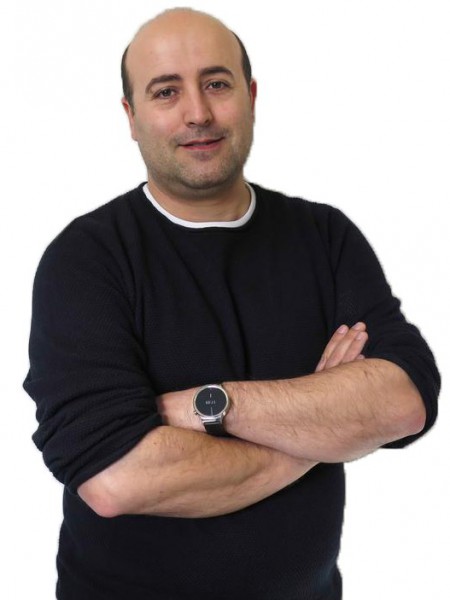abstract
Technologies for wastewater reclamation and water reuse within oil refineries have been gaining particular attention over the past decade due to legislative pressures associated with the efficient use of water resources and wastewater discharge. Having to constantly rely on access to great amounts of water, the oil and gas industry has been seeking opportunities to reclaim water using sustainable and efficient management procedures. In the present study, an on-site pilot plant treatment study on real refinery stripped sour water using reverse osmosis was conducted with the goal of removing the main pollutant blocking the possibility for water reuse in the refinery cooling tower, phenols. A technical and energy evaluation was performed where 90% of the initial wastewater was recovered without loss of permeate quality with 98% rejection of phenols. The installation of an energy recovery device with the reverse osmosis plant could drop the energy input demand to 1.2 kW h m(-3), allowing the operating costs to decrease from 1.37 euro per m(3) to 0.41 euro per m(3). Treatment on an industrial scale would allow the refinery to save up to about 375 000 m(3) per year in water and up to approximately 417 000 m(3) per year in wastewater volume discharged, translating into net savings of up to 286 000 euro per year and a payback period of down to 4 years. The current treatment proposed showed low carbon footprint and negligible waste generation, based on green metric tools; however careful consideration should be taken in the management and treatment of the concentrate stream.
subject category
Engineering, Environmental; Environmental Sciences; Water Resources
authors
Bastos, PDA; Santos, MA; Carvalho, PJ; Velizarov, S; Crespo, JG
our authors
Projects
Projeto de Investigação Exploratória: Pedro Carvalho (IF/00758/2015)
acknowledgements
The authors would like to acknowledge the financial support from Galp and Fundacao para a Ciencia e Tecnologia (Portugal) through the PhD grant PD/BDE/128604/2017 (Pedro D. A. Bastos) in a PhD project within an industrial environment and Doctoral Program in Refining, Petrochemical and Chemical Engineering (EngIQ). P. J. Carvalho also acknowledges FCT for a contract under the Investigador FCT 2015, contract number IF/00758/2015. The authors would like to thank the Associated Laboratory for Sustainable Chemistry -Clean Processes and Technologies -LAQV and CICECO -Aveiro Institute of Materials, which are financed by Portuguese national funds from FCT/MCTES (UIDB/50006/2020, UIDB/50011/2020 and UIDP/50011/2020) and co-financed by the ERDF under the PT2020 Partnership Agreement (POCI-01-0145-FEDER e 007265).


